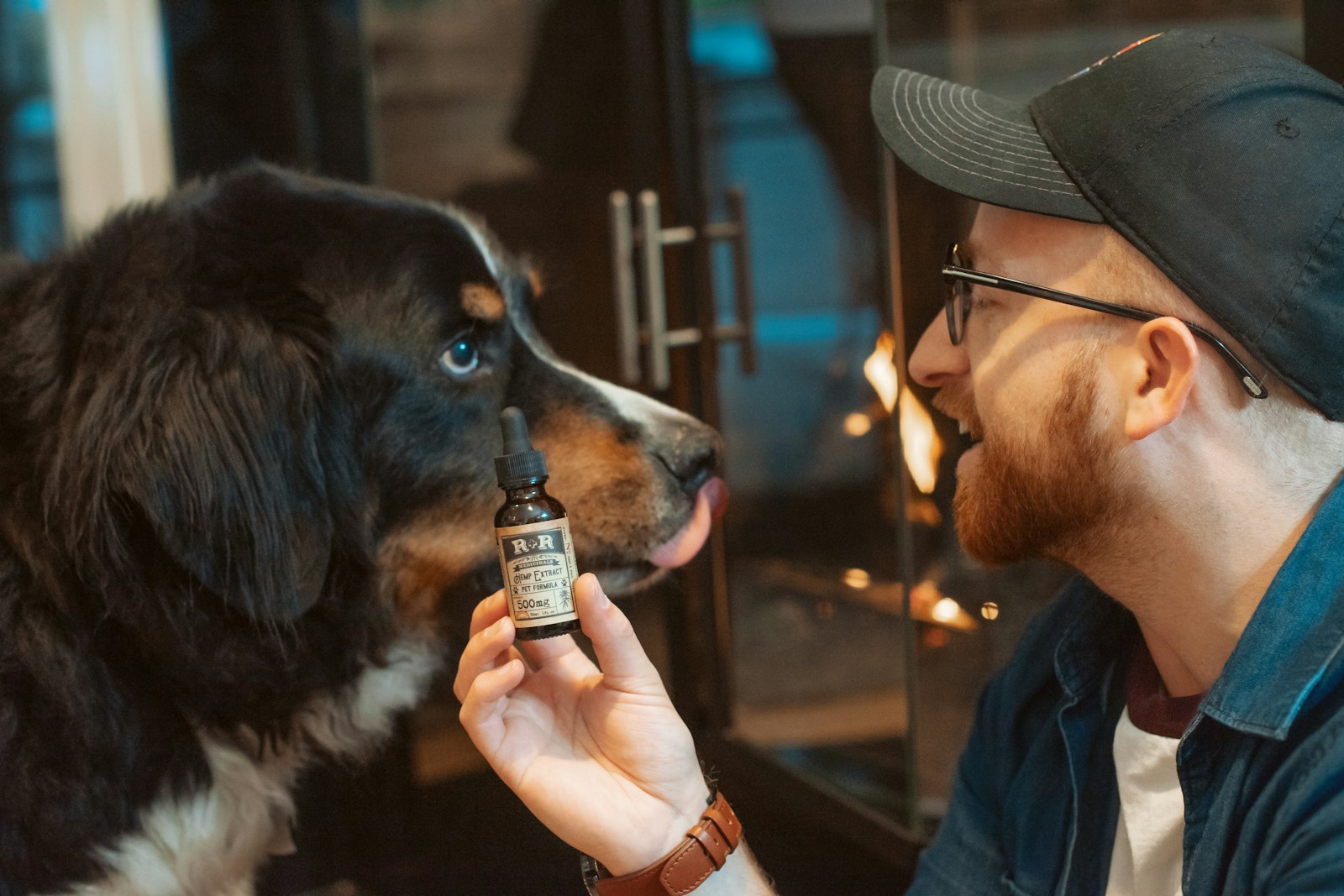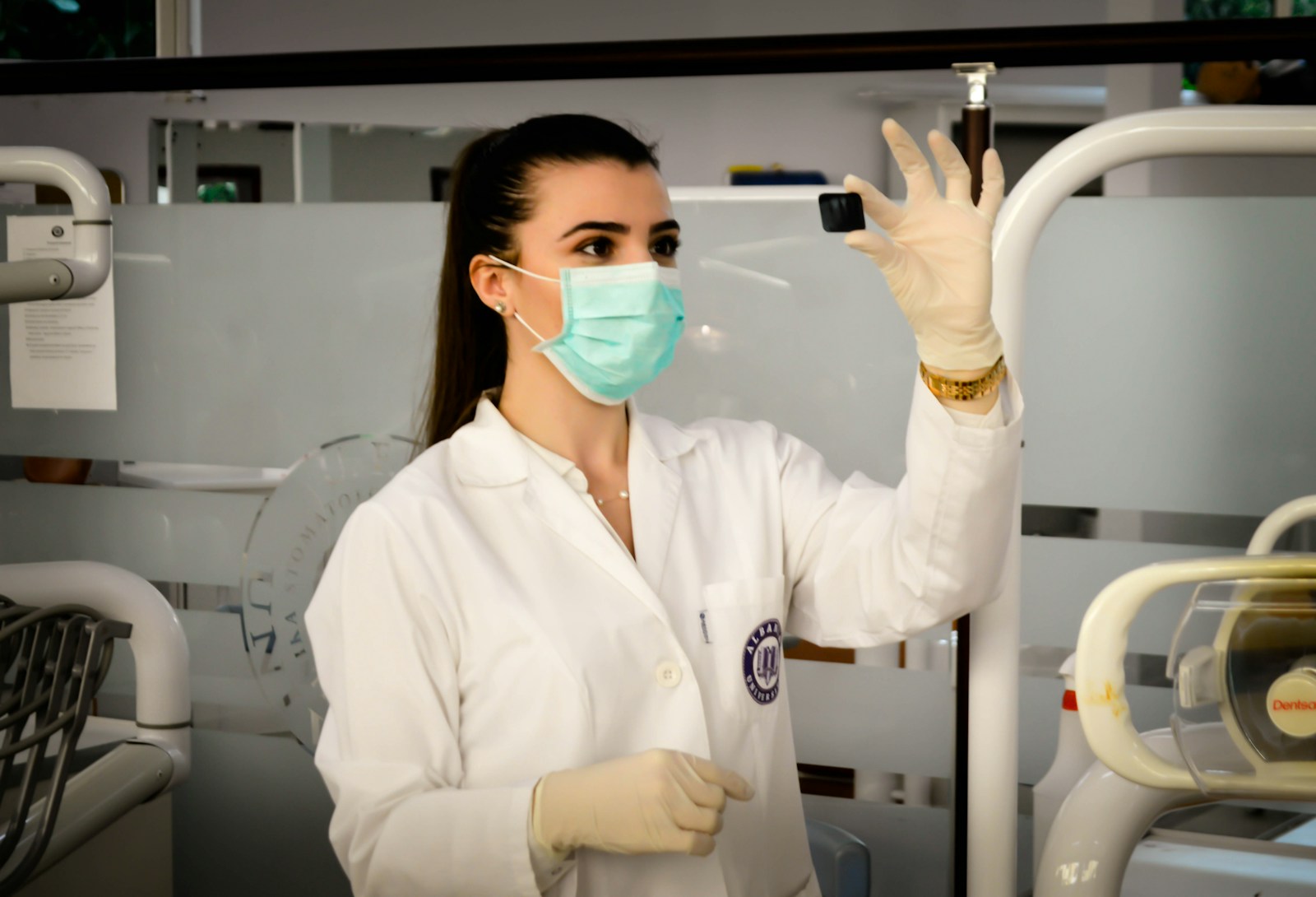Labradors, with their friendly demeanor and boundless energy, make for delightful companions. To ensure their joyous presence in our lives, understanding and addressing Labrador health issues are paramount. This comprehensive guide aims to provide Labrador owners with valuable insights into common health concerns, preventive measures, and proactive care approaches for a robust and thriving furry friend.
Labradors, known for their robust constitution, are susceptible to certain health issues. Being aware of these concerns allows proactive measures for prevention and early intervention. Common health issues include hip dysplasia, obesity, ear infections, and progressive retinal atrophy. Regular veterinary check-ups are essential to monitor and address these issues promptly.
Common Labrador Health Issues
Labradors, known for their robust constitution, are susceptible to certain health issues. Being aware of these concerns allows proactive measures for prevention and early intervention. Common health issues include hip dysplasia, obesity, ear infections, and progressive retinal atrophy. Regular veterinary check-ups are essential to monitor and address these issues promptly.
Hip Dysplasia in Labradors
Hip dysplasia is a genetic condition that affects the hip joint’s proper formation. Labradors are predisposed to this condition, leading to discomfort and mobility issues. Maintaining a healthy weight, regular exercise, and joint supplements are key preventive measures. Veterinary consultation aids in early detection and appropriate management if hip dysplasia is suspected.
Hip dysplasia, a genetic condition prevalent in Labradors, affects the proper formation of the hip joint. This can lead to discomfort, pain, and mobility issues. While it’s a hereditary concern, preventive measures play a crucial role. Maintaining a healthy weight is vital, as excess weight exacerbates hip dysplasia symptoms. Labradors should engage in regular, low-impact exercises like swimming to keep their joints healthy. Additionally, joint supplements, such as glucosamine and chondroitin, support joint health and can be beneficial in managing the condition. If hip dysplasia is suspected, prompt veterinary consultation ensures early detection and appropriate interventions for enhanced mobility and a better quality of life.
Managing Labrador Obesity
Labradors have a hearty appetite, making them prone to obesity. Obesity exacerbates various health issues and reduces a Labrador’s lifespan. Controlling portion sizes, providing balanced nutrition, and incorporating regular exercise are crucial in preventing and managing obesity. Regular weight monitoring and veterinary guidance contribute to a Labrador’s overall well-being.
Labradors’ love for food, coupled with their boundless energy, can lead to weight management challenges. Obesity not only reduces a Labrador’s lifespan but also exacerbates various health issues, including joint problems and diabetes. Controlling portion sizes is crucial, and feeding a balanced, nutrient-rich diet supports overall health. Incorporating regular exercise, such as daily walks and play sessions, helps burn calories and maintain a healthy weight. Regular weight monitoring, coupled with veterinary guidance, ensures effective weight management and contributes to a Labrador’s overall well-being.
Preventing Ear Infections in Labradors
Labradors’ floppy ears can trap moisture, leading to ear infections. Regular ear cleaning, drying after water activities, and routine veterinary checks help prevent infections. Recognizing signs like ear scratching, redness, or odor prompts timely intervention. Maintaining ear hygiene is a simple yet effective aspect of Labrador care.
Labradors’ floppy ears, while adding to their charm, can trap moisture, creating a conducive environment for ear infections. Preventive measures are crucial to avoid discomfort for your furry friend. Regular ear cleaning, ideally once a week, helps remove accumulated dirt and moisture. Drying your Labrador’s ears thoroughly after water activities, like swimming, reduces the risk of infections. Routine veterinary checks ensure early detection of potential issues. Recognizing signs such as ear scratching, redness, or unusual odor prompts timely intervention, preventing the escalation of ear infections. Maintaining ear hygiene is a simple yet effective aspect of Labrador care, contributing to their overall well-being.
Addressing Progressive Retinal Atrophy (PRA)
Progressive Retinal Atrophy is a hereditary eye disorder that can lead to blindness in Labradors. While there’s no cure, responsible breeding practices and regular veterinary eye exams aid in early detection. Adjusting the living environment and providing support as vision declines ensures a fulfilling life for Labradors with PRA.
Progressive Retinal Atrophy (PRA) is a hereditary eye disorder that can lead to blindness in Labradors. While there’s no cure for PRA, responsible breeding practices and regular veterinary eye exams play a crucial role in early detection. Adjusting the living environment becomes essential as vision declines. Keeping the surroundings familiar helps Labradors navigate their environment confidently. Providing support through verbal cues and maintaining a consistent routine enhances their quality of life. Understanding the challenges associated with PRA allows Labrador owners to create a supportive and nurturing environment, ensuring their furry friends continue to lead fulfilling lives.
Proactive Measures for Labrador Well-being
Ensuring the overall health and happiness of Labradors involves proactive measures integrated into their daily care routines.
Balanced Nutrition
Good nutrition is fundamental to your Labrador’s health. Labs are known for their hearty appetites, which means they can be prone to obesity if their diet isn’t managed correctly. High-quality dog food that’s rich in nutrients and appropriate for their age, size, and activity level is crucial. Foods with medium-chain triglycerides (MCTs) can be beneficial, especially for aging dogs, as they provide an alternative energy source to glucose.
Labradors thrive on a balanced and nutritious diet. High-quality dog food, specifically formulated for their life stage, ensures optimal growth and vitality. Labradors are prone to obesity, so portion control and feeding a nutrient-rich diet are crucial. Consulting with a veterinarian aids in determining specific dietary needs, considering factors such as age, weight, and any existing health conditions. A well-balanced diet contributes to a Labrador’s overall health and well-being, fostering a strong and energetic companion.
Regular Exercise
Labradors thrive on physical activity. Regular exercise not only maintains a healthy weight but also stimulates mental well-being. Activities like daily walks, play sessions, and interactive toys cater to their energetic nature, fostering a balanced and contented Labrador.
Regular exercise is paramount to a Labrador’s well-being. Labradors are known for their energy and love for physical activity. Daily walks, play sessions, and interactive toys cater to their active nature, preventing boredom and promoting mental stimulation. Engaging in regular exercise not only maintains a healthy weight but also contributes to a Labrador’s mental well-being. Adequate physical activity strengthens the bond between the owner and their Labrador, ensuring a happy and contented companion.
Routine Veterinary Check-ups
Scheduled veterinary visits are essential for preventive care. Regular check-ups allow early detection of potential health issues, vaccination updates, and personalized care plans. Labradors, like all pets, benefit from a proactive approach to their healthcare.
Routine veterinary check-ups are crucial for maintaining a Labrador’s health. Regular visits allow veterinarians to monitor their overall well-being, detect potential health issues early, and provide timely interventions. Vaccination updates and preventive care plans are tailored to each Labrador’s specific needs. Labradors, like all pets, benefit from a proactive approach to their healthcare. Regular veterinary check-ups contribute to a long and healthy life for these lovable companions.
Conclusion
Nurturing Labradors involves a combination of awareness, preventive measures, and attentive care. Understanding common health issues, incorporating proactive measures, and prioritizing veterinary check-ups contribute to a Labrador’s overall well-being. By addressing health concerns early and providing a loving environment, Labrador owners can ensure their four-legged friends lead happy, healthy lives.
FAQs about Labrador Health
Understanding Labrador health prompts common questions among pet owners.
Is hip dysplasia preventable in Labradors?
While genetic predisposition is inherent, preventive measures like maintaining a healthy weight and joint supplements can minimize the impact of hip dysplasia.
How can I help my Labrador lose weight?
Consulting with a vet for a tailored weight loss plan, adjusting diet, and incorporating regular exercise are effective measures in managing Labrador obesity.
Are Labradors prone to food allergies?
Labradors can develop food allergies. Choosing hypoallergenic diets and monitoring for adverse reactions supports food allergy management.
Can Labradors live a normal life with progressive retinal atrophy?
With adjustments to their environment and supportive care, Labradors with PRA can lead fulfilling lives despite gradual vision loss.
How often should I clean my Labrador’s ears?
Regular ear cleaning, ideally once a week, prevents moisture buildup and reduces the risk of ear infections in Labradors.






